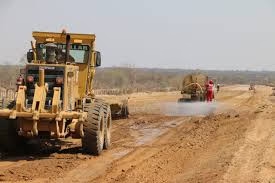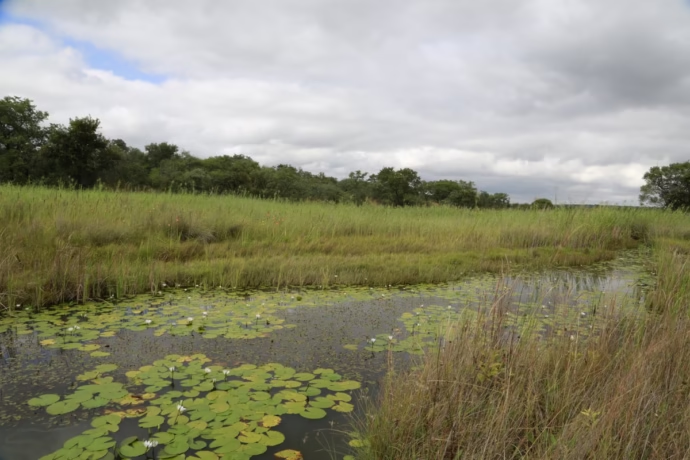
Zimbabwe is enhancing regional cooperation, policy harmonization, and information sharing to combat the growing threat of counterfeit products, Industry and Commerce Minister Mangaliso Ndlovu has said.
Speaking at an indaba in Harare yesterday, where captains of industry and government officials discussed the consequences of counterfeit goods, Minister Ndlovu—represented by his deputy Raj Modi—stressed the need for synchronised enforcement through regional bodies like SADC and the COMESA Competition Commission.
“Without coordinated enforcement, fragmented efforts will continue to weaken the country’s ability to curb illicit goods crossing our borders,” he said.
The Ministry of Industry and Commerce, in collaboration with the National Economic Consultative Forum (NECF), hosted the indaba under the theme: “Combating Counterfeit Products in Zimbabwe and Fostering Economic Growth.”
Minister Ndlovu revealed that over 1,400 businesses have been inspected for compliance, with non-compliant businesses facing prosecution, penalties, or remedial action. Authorities have seized over 2,000 counterfeit product units, while consumer complaint hotlines have been set up in all 10 provinces—with plans to make them toll-free.
Counterfeit products, he said, come from various sources: some are manufactured in backyard industries, others are fake repackaged imitations of local brands, while others are smuggled from neighbouring countries.
“At the end of the day, our local industry suffers huge market losses because consumers focus on cheap prices offered by informal traders, who do not pay taxes,” he said.
He highlighted that counterfeit goods—ranging from luxury items and foodstuffs to electronics and pharmaceuticals—are often sold in unregistered shops, informal tuckshops, and open markets.
Minister Ndlovu urged businesses to prioritize quality production and ethical business practices, while warning consumers against being deceived by suspiciously low prices.
“Do not be fooled by the incredibly low prices in the informal market. Many of these products have hidden defects that only become apparent when it’s too late. As the old adage says: ‘All that glitters is not gold.’ Think carefully before making a purchase,” he cautioned.
Deputy Chief Secretary in the Office of the President and Cabinet, Engineer Amos
Marawa, warned that illicit trade undermines local industries, reduces tax revenues, and endangers consumers.




